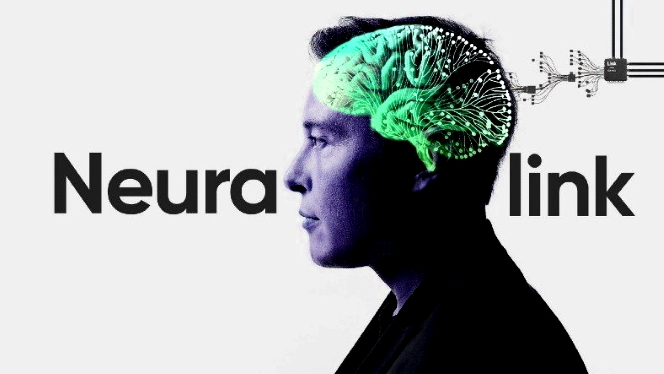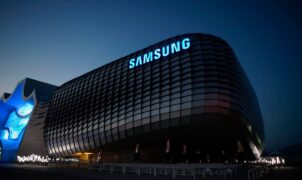TECH NEWS – Musk was talking about this for a reason, because Neuralink is the brain chip company that has done the first successful implantations.
According to Musk, Neuralink will speed up the human brain so that artificial intelligence won’t get bored. Our low data transfer speeds are too slow, and this hinders positive convergence between humans and AI. He says our slow output speeds will reduce the connection between humans and computers. The human brain is a computer that no Silicon Valley company can even approach. That doesn’t bother Musk, because he believes Neuralink can increase the output speed of our brains (how fast our brains send signals to the chip) by three, maybe six, maybe more orders of magnitude. This will allow us to upload our memories and never lose them – something he believes is feasible within 10-15 years.
In a recent tweet, tech investor Apoorv Agrawal called Neuralink the most important company of the decade, and Musk built on that claim with further assertions: “Bitrates and patient numbers will grow hyper-exponentially over the next 5+ years. I estimate that by 2030, the combined I/O bitrate will be over 1 million bits per second and the number of augmented humans will be over 1 million. Even this prediction seems remarkably tame compared to Musk’s earlier idea that hundreds of millions of people will have Neuralinks in the next few decades. Add to that Musk’s comments about the speed of input and output, which essentially means the speed of thinking, and we’re leaving normal brain function far behind for something that doesn’t really have a name yet.
If Musk’s wild claims are even remotely close to reality, it would mean a socio-technological revolution the likes of which we have never seen, creating overnight a two-species society in which a small percentage of the population thinks 6x faster than the rest. This is far from a utopian prospect, and at the very least requires the kind of ethical and regulatory scrutiny that Musk shies away from (the SEC is already sniffing around, and not before time). But let’s not forget that Musk has promised many things that have yet to materialize.
The first trial was supposed to start four years before it did, and some of Musk’s wilder claims about the technology include that it will somehow be able to “cure” autism and schizophrenia, which are not diseases, as well as give you super-sharp “eagle eyes”. Neuralink has successfully implanted devices in human patients, and these patients are able to interface with computers in ways that were previously impossible. Neuralink’s first patient, Noland Arbaugh, compared the device to using the Force (as in Star Wars) and can now control a computer, play video games, and talk to friends without any physical input.
Neuralink is part of what could be the biggest change in human society since the Industrial Revolution. “We don’t just want to give people the same communication data rate as normal people. We’re aiming to give people who are quadriplegics, or maybe have completely lost the connection to their brain and body, a communication data rate that exceeds normal people. While we’re at it, why not? Let’s give people superpowers,” Musk says.
He’s a hype man.
Source: PCGamer















